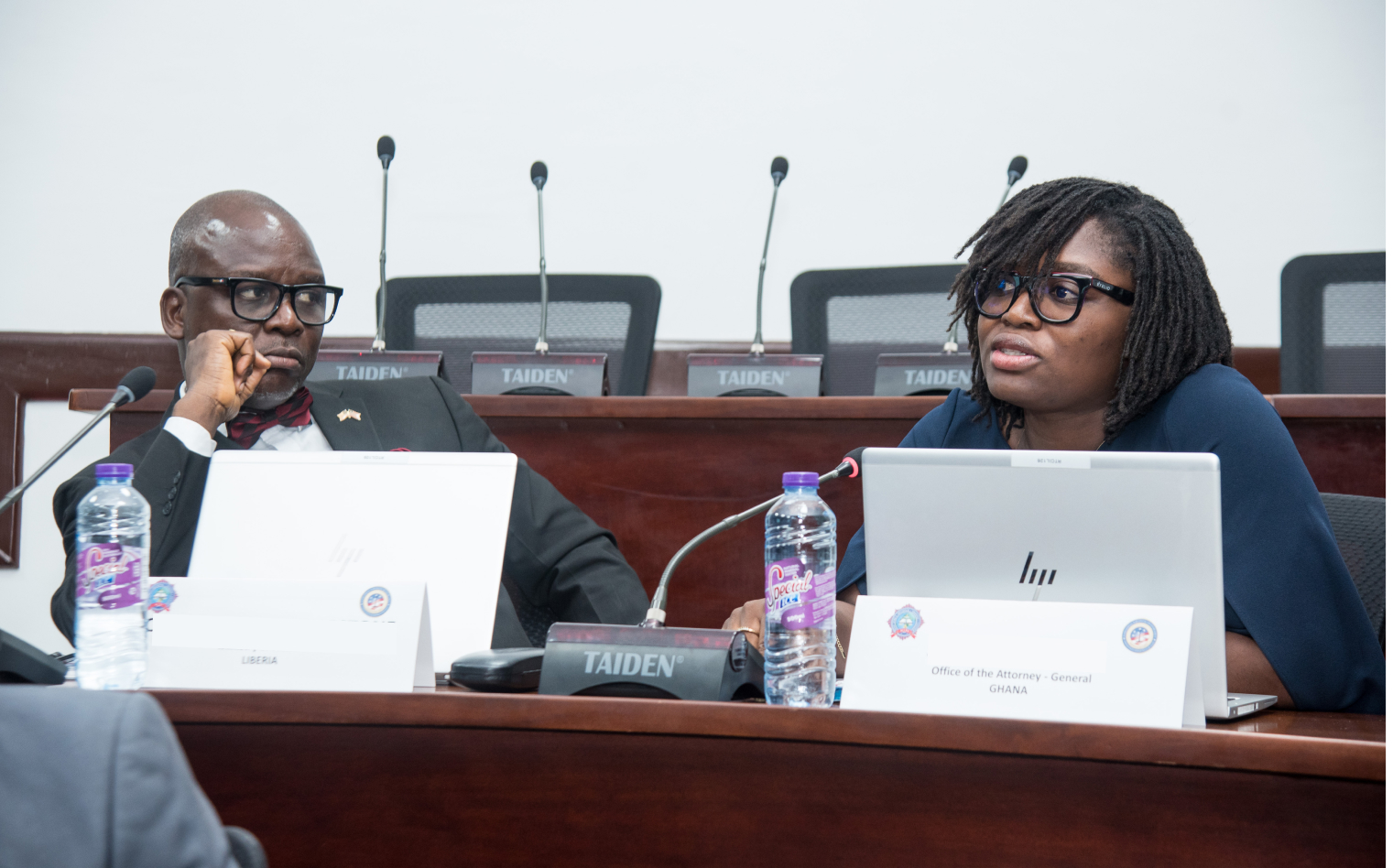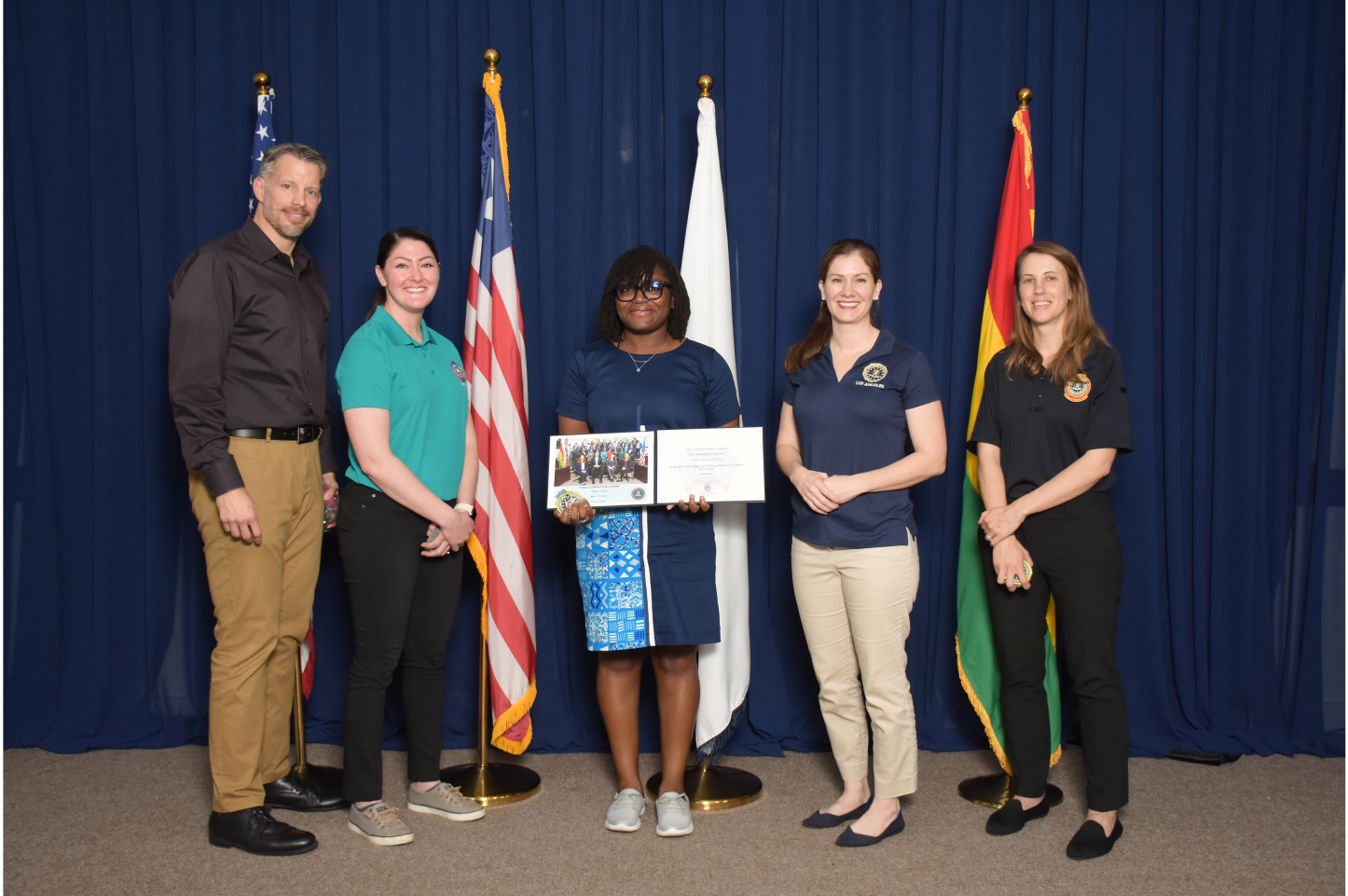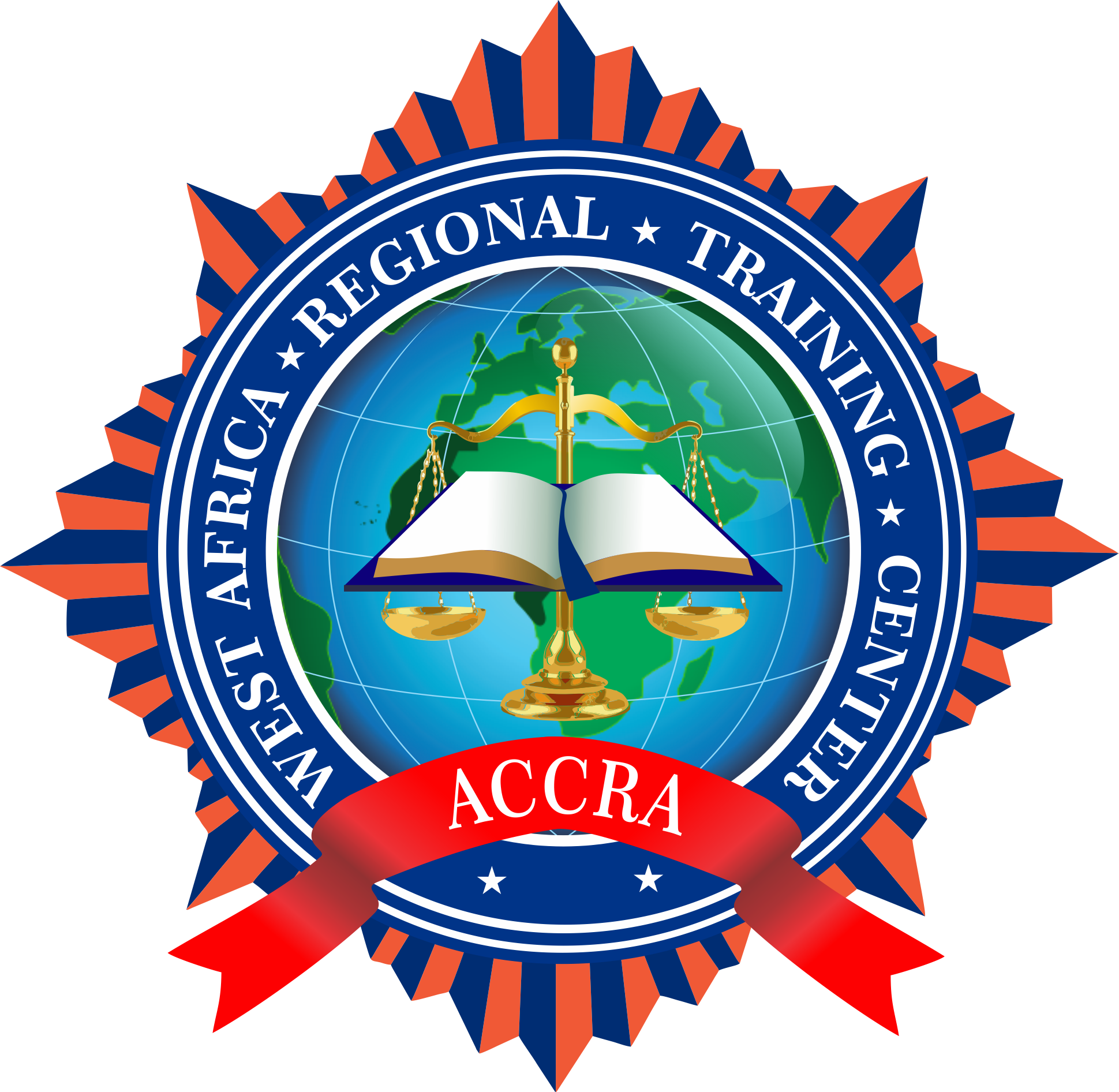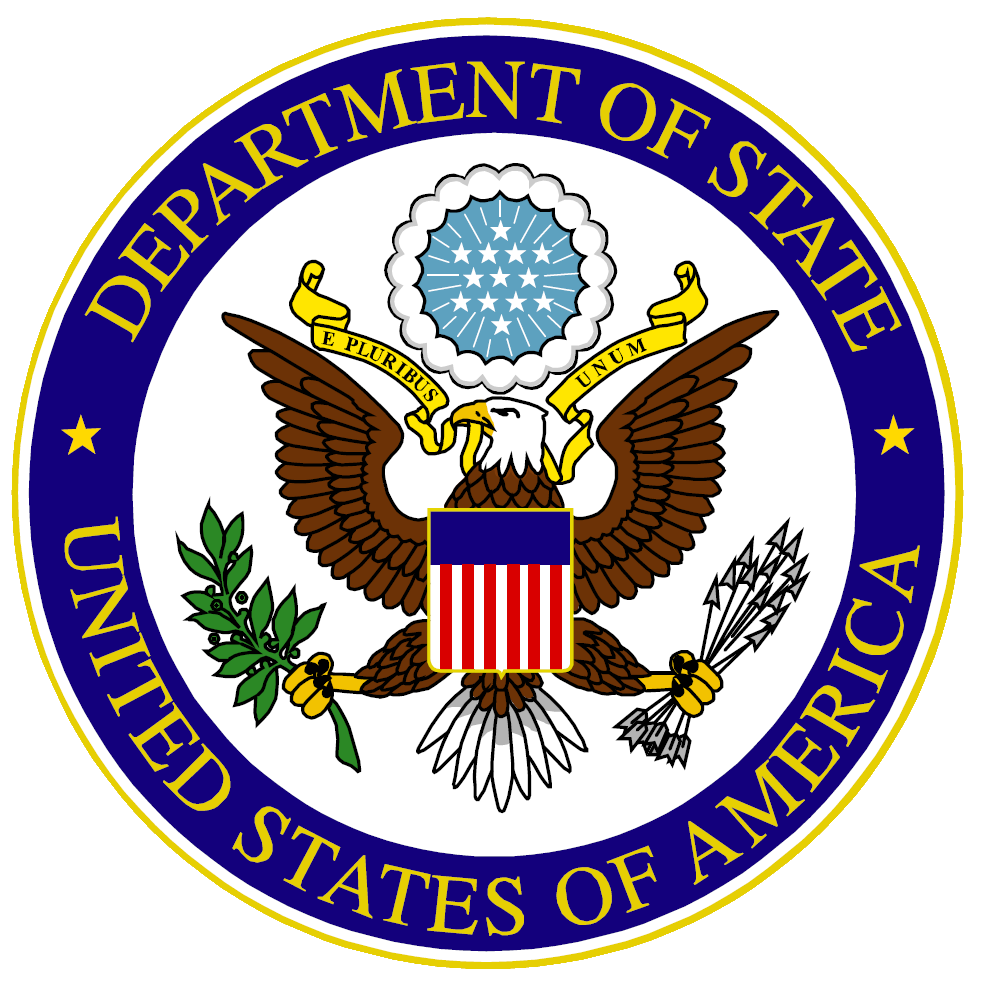Alumni In Focus
Alumni in Focus

In the month of May, the RTC hosted an FBI Public Corruption course with participants from Ghana and Liberia. We welcomed RTC alumna from Ghana, who agreed to share her training experience with us and the alumni community. Enjoy the read!
Briefly introduce yourself and your law enforcement career
My name is Ms. Selasi, a Prosecuting Attorney with the Office of the Attorney General, Ghana. I have been with the Office since 2019 and I am currently an Assistant State Attorney. As a prosecutor, I work with police officers on case files for prosecution. Upon receiving the requested investigative files, I analyze them, together with the evidence to be presented in court, to determine their sufficiency, credibility, relevance and admissibility.

How would you describe investigating public corruption cases in your country? Are there barriers to such investigations you have identified?
There are lots of corruption related cases in our various courts that the Office of the Attorney General is prosecuting. Investigating and prosecuting these cases progress at a very slow pace, because the accused persons involved are usually high-profile personalities in the community. Also, there is sometimes the issue of lack of sufficient evidence to secure conviction in such cases. Additionally, it appears that investigators have limited resources to enable them to successfully conduct covert investigations to gather the required evidence when investigating high-profile corruption cases.
What new techniques have you acquired from this course?
As a prosecutor who works with investigators on cases, I am familiar with surveillance techniques like the use of confidential informants, conducting undercover operations, analyzing telephone records and serving a subpoena to request documents. Some new techniques that I have learnt from this Public Corruption course include the use of wire-tapping to get real-time intelligence on a suspect and how to effectively handle informants to complement an investigation. One of my major takeaways from the course was the instruction block on interview techniques where the FBI instructors shared tips to consider when preparing for an interview.
Based on this week's lessons what advice would you give to law enforcement officers on investigating public corruption cases?
I would like to encourage them to follow all the leads in their investigation to gather as much relevant evidence as possible. This is because it is not enough to rely on only circumstantial evidence to support their cases. Investigators could also take advantage of available laws in their countries or policies within their agencies to conduct covert investigations in order to gather direct evidence, such as recorded confessions.
What will you do to make sure others benefit from the knowledge you have received when you return to your agency?
Upon my return to the office, I will share the knowledge and skills that I have acquired with my colleagues, especially those who are currently prosecuting corruption cases. I also intend to work hand-in-hand with investigators to educate them on what to look out for when conducting investigations.

What has been your RTC experience so far?
This week’s Public Corruption course is my first in-person experience at the RTC and it’s been a great one. I have had the opportunity to learn from the FBI instructors which will enhance my work as a prosecutor. Best practices that were shared by colleagues from Liberia during the course gave me insight into how corruption cases are prosecuted in another jurisdiction. The established network with officers from various institutions will go a long way to help in the fight against corruption.
Thank you so much Ms. Selasi for sharing your RTC experience with the alumni community. Would you like to be featured in our next newsletter? Write to us at info@westafricartc.org
We would love to hear your feedback on training received at the RTC.
Published by:


![]()
![]()

